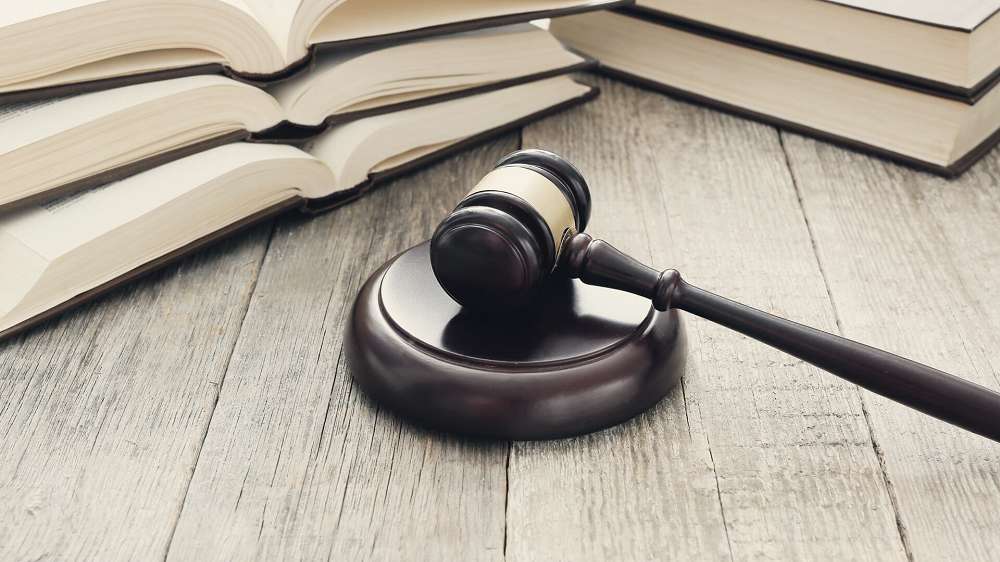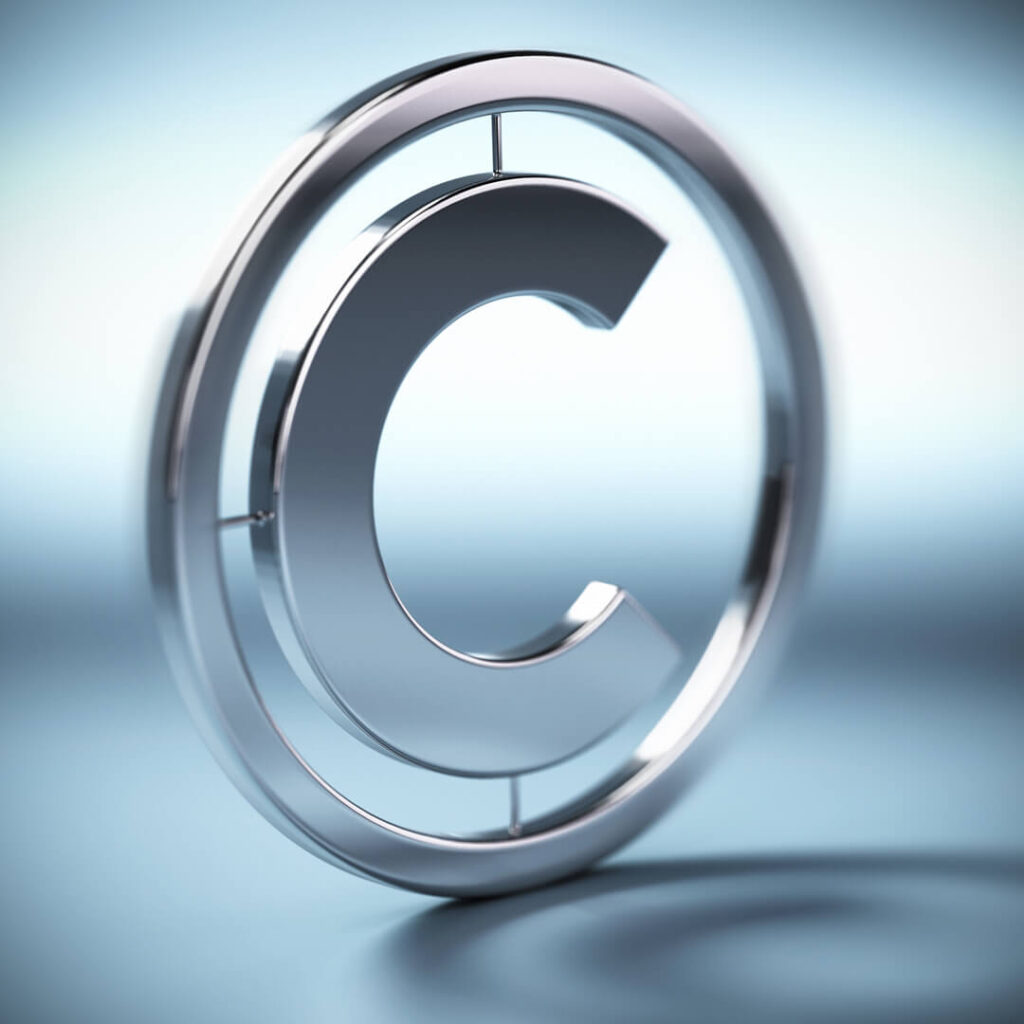Copyrights in Colombia are those rights of the authors or creators of some literary, artistic or scientific works, which their creators seek to protect from being misused by third parties who may profit from them. This protection constitutes a constitutional obligation of the Colombian state in accordance with article 61 of the Constitution.
Copyright in Colombia is included within the concept of intellectual property. Intellectual property includes industrial property, which refers to trademarks and patents; copyrights and related rights; and rights over scientific discoveries and other forms of human creation, the purpose of which is to protect creations resulting from human talent, work and effort.
Regarding the object protected by copyright, Article 1 of Decision 351 of the Andean Community of Nations (CAN) states that it is the effective and adequate protection of the authors of works of genius in literary, artistic or scientific fields, regardless of the manner of expression, the merit of the works, or their destination.
By “work” is meant “any original intellectual creation of an artistic, scientific or literary nature, susceptible of being disclosed or reproduced in any form” (according to Art. 3 of the same decision).
Industrial property in Colombia must be protected by registration with the Superintendence of Industry and Commerce. Unlike industrial property, copyrights are born with the creation and materialization of the works, and it is not necessary to register them before the National Copyright Office (Dirección Nacional de Derechos de Autor).
Although it is true that they are protected from the very moment of their creation, it is important to have the registration granted by the National Directorate of Copyright, since it is a suitable means of proof before a judge in case of any type of controversy that may arise.
The Dirección Nacional de Derechos de Autor (DNDA), is a Colombian government agency attached to the Ministry of the Interior, which is responsible for the protection of literary and scientific works, i.e., to ensure that the moral and economic rights of the owner are not affected. The procedure is carried out at the DNDA, and can be done both physically and virtually, and must be carried out by the holder of the right.
Once intellectual property is protected in Colombia, entrepreneurs must determine what they want to protect abroad: their trademarks and/or patents, their copyrighted works or both, each has a different regime.
In the case of trademarks and patents, it is necessary for entrepreneurs to protect them in each of the countries where they are going to use or exploit them in accordance with the applicable legislation of each country. Otherwise, they will not be able to prevent third parties from copying, using or registering it without your authorization.
As regards copyright in Colombia, our country is a party to the Berne Convention, which establishes that works protected in one of the Contracting States shall be protected in each and every one of the other Contracting States.
Therefore, when a work is created and materialized, it is understood that a protectable right has been obtained in any of the member countries of the Berne Convention (177 countries).
From the above, it can be concluded that, in copyright matters, the rights granted in Colombia do grant rights in other countries (this in cases where the country is a member of the Berne Convention).
However, the same does not apply to industrial property, in which case trademarks and patents must be protected in each country, in accordance with its applicable legislation.
How are copyrights registered in Colombia?
- They must be registered before the Dirección Nacional de Derechos de Autor, the registration can be done physically at the offices located in the city of Bogotá at Calle 28 #13ª 15 17th floor, and must be presented at the citizen’s attention window:
- The work, preferably in digital format (CD, DVD or USB), must be marked with the name of the author, the name of the work and the year of creation.
- If the work is to be printed, it must be submitted in letter or legal size, on loose-leaf paper without binding or binding and preferably in black letter.
- The documents attached to the work, such as legal representation document, deed of assignment of rights contract, etc., must be in a single PDF file, different from the file of the work.
- The form must be free of erasures or erasures.
- All works must be submitted in generic formats and the documents attached, including the form, must be duly numbered.
For more information and alternatives, click here.


How much does it cost to register copyrights in Colombia?
The registration process that is carried out before the National Directorate of Copyrights, either physically or virtually, has no cost, only the paperwork and the paperwork must be done. However, it is advisable to obtain proper legal advice in order to avoid future inconveniences.
How long does the copyright registration process take in Colombia and how long does the protection last?
The procedure has a duration of 30 working days following receipt in accordance with Decree 491 of 2020. And the protection provided in Colombia lasts for the life of its author, after his death, these rights may be inheritable and last for 80 years more from the moment the author dies; these rights may be included in the universality of assets of the deceased in order to be subject to the succession.
As in any inheritance, the inheritance can be disposed of until the partition process is completed, where each of the heirs will receive his or her share. But it does not prevent the heir or heirs from administering them while the succession is pending, but those fruits or royalties received must be directed to the universality of the assets of the deceased, that is to say, these monies enter the succession.
In Conclusion
It is valuable to remember the following quote from the Constitutional Court, which summarizes efficiently what has been said in this article:
“(i) the protection applies to all those “works” that are creations of the spirit, in the scientific, literary or artistic field, whatever the genre, form of expression, and regardless of the literary or artistic merit, or its destination. Within this protection, and in the aforementioned terms, books, pamphlets and other writings are included, without excluding any species.
(ii) Copyright protection involves the recognition of moral rights and economic rights to its owners. As for the former, their link with the creation of the work is recognized and they are characterized by their non-patrimonial, inalienable, unrenounceable and, in principle, unlimited duration”. The latter are related to the economic exploitation of the work.
(iii) Although the legislator enjoys a broad power of configuration in copyright matters, this must respect the constitutional limits; to that extent, the limitations imposed on the enjoyment of copyright must be reasonable and proportionate, and be in accordance with the protection provisions provided for in international treaties, such as: a) that they are legal and taxable; b) that its application does not interfere with the normal operation of the work; and c) that it avoids causing an unjustified prejudice to the copyright holder’s legitimate rights and interests” (Cfr. Constitutional Court, judgment C-035 of January 28, 2015, exp. D-10319).
To ensure the protection of your copyrights in Colombia, remember to seek the advice of lawyers with specialized knowledge in copyright issues.



